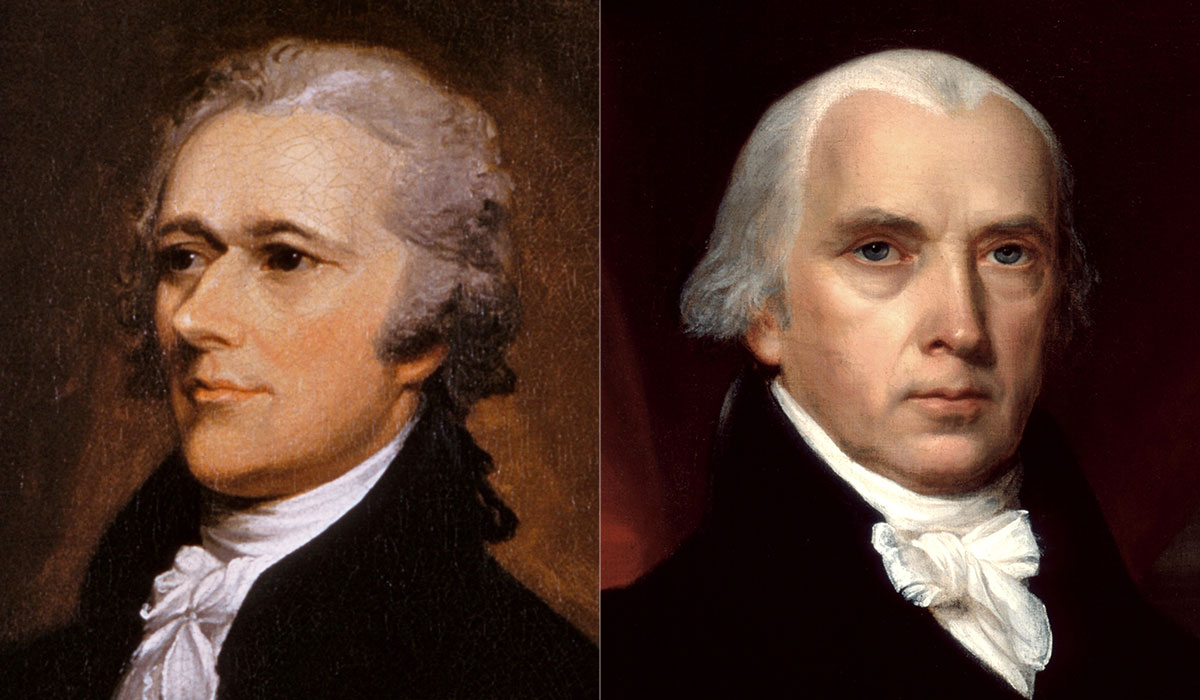The short life and sudden death of American democracy

Louis Menand has a characteristically cogent essay in the New Yorker on the increasingly severe dysfunctions of the American political system, at least if one assumes that democracy is supposed to be the prime directive of that system.
Given American history, however, that’s a hell of an assumption:
In 2020, sixty-seven per cent of eligible voters cast a ballot for President. That was the highest turnout since 1900, a year when few, if any, women, people under twenty-one, Asian immigrants (who could not become citizens), Native Americans (who were treated as foreigners), or Black Americans living in the South (who were openly disenfranchised) could vote. Eighteen per cent of the total population voted in that election. In 2020, forty-eight per cent voted.
I think it’s worth noting here that the overwhelmingly most powerful factor in the disenfranchising of the American populace at the beginning of the 20th century was restricting to franchise to men, and Menand’s description of the situation somewhat obscures this fact. The Asian-American and Native American percentages of the population were tiny, and Black men living in the South accounted for less than 5% of the national population. America wasn’t even vaguely a democracy at that point because women, with rare exceptions, couldn’t vote. The epochal cultural shift that transformed half the population into full citizens in even the narrowest formal sense took place within the lifetimes of Americans who are still alive today, and this point tends to be under-appreciated.
You might think that the further we get from 1789 the easier it would be to adjust the constitutional rule book, but the opposite appears to be true. We live in a country undergoing a severe case of ancestor worship (a symptom of insecurity and fear of the future), which is exacerbated by an absurdly unworkable and manipulable doctrine called originalism. Something that Alexander Hamilton wrote in a newspaper column—the Federalist Papers are basically a collection of op-eds—is treated like a passage in the Talmud. If we could unpack it correctly, it would show us the way.
The Bill of Rights, without which the Constitution would probably not have been ratified, is essentially a deck of counter-majoritarian trump cards, a list, directed at the federal government, of thou-shalt-nots. Americans argue about how far those commandments reach. Is nude dancing covered under the First Amendment’s guarantee of the freedom of expression? (It is.) Does the Second Amendment prohibit a ban on assault weapons? (Right now, it’s anyone’s guess.) But no one proposes doing away with the first ten amendments. They underwrite a deeply rooted feature of American life, the “I have a right” syndrome. They may also make many policies that a majority of Americans say they favor, such as a ban on assault weapons, virtually impossible to enact because of an ambiguous sentence written in an era in which pretty much the only assault weapon widely available was a musket.
This is all very true. However, the fundamental problem isn’t originalism as an interpretive constitutional methodology: the fundamental problem is that having a contemporary society structured on the basis of a 230-year-old document is simply a bad idea. While the notion that what James Madison and Alexander Hamilton thought about appropriate political arrangements ought to determine those arrangements today should be obviously absurd on its face — as Menand emphasizes it very much is not obvious in our culture — the liberal-progressive nostrums for this conundrum are no better.
Those consist of accepting that, given the peculiar institution of American judicial constitutional and legislative review, the SCOTUS has to operate as a kind of quasi-super-legislature, but that it should do so in a good rather than bad way (This is what all the rigamarole about “a living Constitution” and the like is actually about).
But if you pose the question: Should a political system have a super legislature made up of nine lawyers who are appointed to lifetime terms from which they can’t be removed, via an appointment process that is both extremely undemocratic (hello Senate and Electoral College) and inherently random (see again lifetime tenure), the answer is extremely obvious.
We had a good run there for awhile there but all things must pass.


